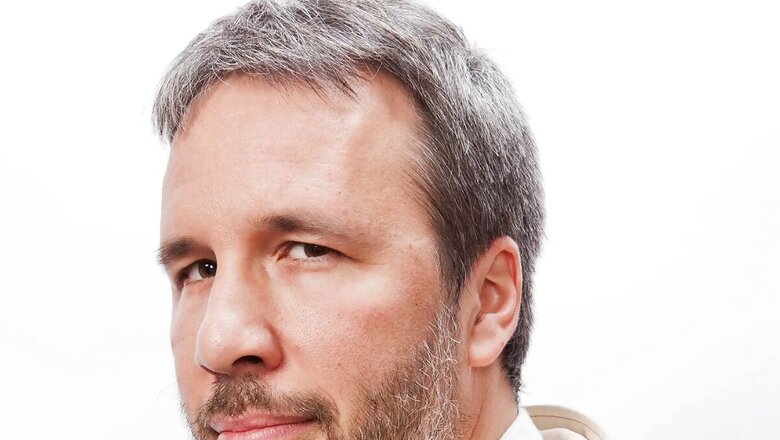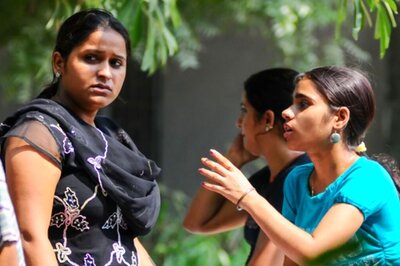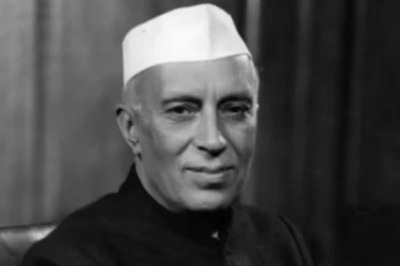
views
At a special screening of Dune: Part Two in London recently, director Denis Villeneuve did not just reflect on the massive sandworms or the stunning visual effects of his film, but also took a moment to express his deep love for the craft of filmmaking itself. While the future may bring AI-generated movies, Villeneuve made it clear that nothing could replace the human touch and the magic of collaborative creativity. “I work with tremendous artists. The thing about cinema I love the most is this collective act of creativity, where you try to make poetry … at the end of the day it is cinema, it is storytelling. It is very moving for me to make it together,” Villeneuve said during a conversation with filmmaker Joe Wright.
“That is why, if ever one day we came up with … you can create a movie just with a computer, maybe it’s going to be interesting in some ways, but I will absolutely miss the collective act of creativity, which is so beautifully human,” he added.
The filmmaker also revealed how his scientific background influenced the creature design in the film, particularly the iconic sandworms. Villeneuve explained how he and production designer Patrice Vermette drew inspiration from the natural world to create creatures that felt both fantastical and believable. “We were really obsessed with the idea to try to make this beast look as realistic as possible,” Villeneuve shared.
In addition to the visuals, Villeneuve emphasised that the heart of Dune: Part Two is a love story. He explained that the film’s structure revolves around the relationship between Paul (Timothée Chalamet) and Chani (Zendaya), with filming focused on enhancing their bond.
The creative process extended to language as well, with linguist David J Peterson developing the Fremen language, Chakobsa, for the film. Actors even attended Chakobsa school to fully embody their roles by mastering the fictional tongue, reports Variety.
Villeneuve candidly spoke about the challenges of directing, admitting, “There’s always at least one day where I’m a shitty director, where it feels like you’re an instrument out of tune.” Despite the difficulties, he stressed the importance of reshoots, even when it felt discouraging.
On Saturday, Villeneuve appeared at the BFI London Film Festival, where he discussed his career highlights, including the intense process behind filming Dune 2’s epic sandworm-riding scene. He revealed that the shoot took 44 days, with some shots taking up to a week to perfect.
According to Variety, in April, a third Dune film based on Frank Herbert’s Dune Messiah was confirmed. Though the next movie will continue the saga, Villeneuve made it clear that the series is “not like a trilogy.”




















Comments
0 comment